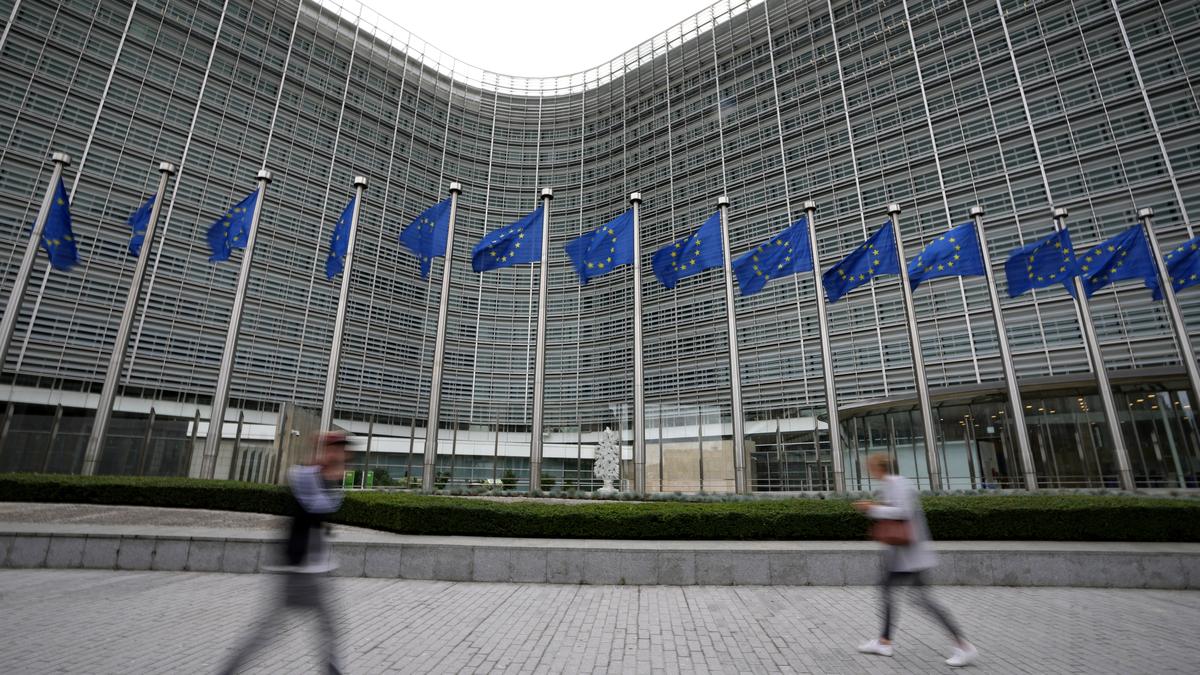The European Union (EU) has proposed an extension for the deadline to implement its new deforestation regulation, aimed at preventing the import of products linked to global deforestation. Originally, the regulation was set to take effect earlier, but due to challenges faced by businesses, the timeline may now be extended.
Key Provisions of the EU Deforestation Regulation
The EU’s deforestation regulation is designed to curb the import of goods that contribute to deforestation. The key requirement is for companies to prove that their supply chains are free from deforestation. This applies to commonly imported goods such as:
- Soy
- Palm oil
- Beef
- Coffee
- Cocoa
Businesses importing these goods into the EU must trace their supply chains and provide evidence of sustainable sourcing.
Challenges Faced by Businesses
Many businesses have expressed concerns regarding the strict compliance requirements of the regulation. The complexity of tracing supply chains and ensuring deforestation-free products has led many to call for more time to adjust. They need time to:
- Set up traceability systems
- Adjust supply chains to meet the new sustainability standards
Proposed Extension and Its Impact
The proposed extension seeks to grant businesses additional time to comply with the regulation. This aims to:
- Allow a smoother transition for companies
- Ensure that businesses can align their practices with the regulation without disrupting trade
- Maintain the EU’s commitment to combating deforestation
EU’s Broader Environmental Goals
This regulation is part of the EU’s larger efforts to address environmental issues. It aligns with the EU Green Deal, which includes:
- Achieving net-zero emissions by 2050
- Protecting biodiversity
- Promoting sustainable trade practices
Long-Term Goal of the Regulation
While the extension provides temporary relief for businesses, the EU has emphasized that the core objective of the regulation remains the same: to reduce the environmental impact of imported goods and promote global efforts to combat deforestation.
Multiple-Choice Questions (MCQs):
- What is the primary goal of the EU’s new deforestation regulation?
- a) To promote international trade
- b) To reduce deforestation linked to imported products
- c) To provide subsidies for businesses
- d) To ban all imports into the EU
Answer: b) To reduce deforestation linked to imported products
- Which of the following goods are subject to the EU deforestation regulation?
- a) Electronics and textiles
- b) Soy, palm oil, beef, coffee, and cocoa
- c) Wheat, corn, and rice
- d) Cars and machinery
Answer: b) Soy, palm oil, beef, coffee, and cocoa
- What is one reason for the proposed extension of the regulation’s deadline?
- a) Political pressure from non-EU countries
- b) Businesses need more time to set up traceability systems
- c) The EU has decided to abandon the regulation
- d) Increased deforestation rates
Answer: b) Businesses need more time to set up traceability systems
- How does the deforestation regulation align with the EU’s Green Deal?
- a) By promoting economic growth at the expense of environmental concerns
- b) By focusing on reducing emissions and protecting biodiversity
- c) By increasing import taxes on non-EU countries
- d) By banning deforestation globally
Answer: b) By focusing on reducing emissions and protecting biodiversity
- What is the long-term objective of the EU’s deforestation regulation?
- a) To ease trade restrictions for businesses
- b) To reduce the environmental impact of imported goods
- c) To eliminate taxes on imported goods
- d) To provide financial aid to deforested regions
Answer: b) To reduce the environmental impact of imported goods
